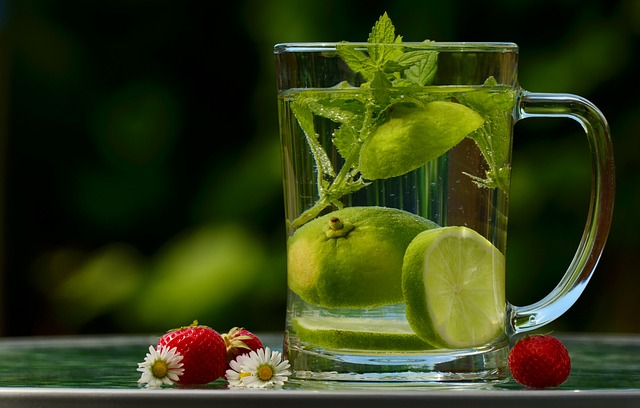Unlocking Nature’s Secret Weapon: Probiotics and Skin Health

In today’s world, where maintaining a healthy lifestyle is a top priority for many, the importance of taking care of our skin often takes center stage. Our skin, being the largest organ of the body, plays a crucial role in protecting our internal organs, regulating temperature, and providing a physical barrier against harmful pathogens and environmental pollutants.
While external skincare products are readily available to enhance the vitality of our skin, a growing body of research shows that true skin health begins from within. This is where probiotics come into the picture.
What are Probiotics?
Probiotics are live microorganisms that promote a healthy balance of good bacteria in the gut. They are commonly known for their positive effects on our digestive system, but recent studies have shown that the benefits of probiotics extend far beyond digestion and can have a significant impact on our skin health as well.
Our gut and skin are closely connected through something called the gut-skin axis. The gut-skin axis is a complex communication network that allows crosstalk between the gut microbiome and the skin. This means that imbalances in our gut bacteria can potentially contribute to various skin conditions.
The Role of Probiotics in Skin Health
Probiotics help promote a healthy gut microbiome, which in turn has a positive effect on our skin. Here are some ways in which probiotics influence our skin health:
1. Enhancing the Skin Barrier Function
A healthy skin barrier is essential in protecting us from environmental stressors and preventing water loss. Probiotics help strengthen the skin barrier by increasing ceramide production, a lipid molecule that helps maintain skin hydration and integrity. By reinforcing the skin barrier, probiotics can help reduce moisture loss and improve skin resilience.
2. Reducing Inflammation
Inflammation is a common underlying factor in many skin conditions such as acne, eczema, and rosacea. Probiotics have been found to modulate the immune response, reducing inflammation in the skin. Studies have shown that specific strains of probiotics can decrease inflammatory markers, helping to calm irritated skin and alleviate symptoms associated with inflammatory skin conditions.
3. Balancing the Skin Microbiome
The skin is home to numerous microorganisms, collectively known as the skin microbiome. A balanced skin microbiome plays a crucial role in maintaining healthy skin. Probiotics can help restore and maintain a diverse and beneficial skin microbiome by inhibiting the growth of harmful bacteria and promoting the growth of beneficial bacteria, resulting in improved skin health.
4. Protecting Against Premature Aging
Premature aging signs such as fine lines, wrinkles, and age spots can be accelerated by oxidative stress and free radical damage. Probiotics possess antioxidant properties that help neutralize free radicals, reducing oxidative stress and combating premature aging of the skin. By protecting the skin from within, probiotics can contribute to a more youthful and radiant complexion.
How to Incorporate Probiotics into Your Skincare Routine
Adding probiotics to your skincare routine can be as simple as incorporating them into your diet or using skincare products that contain probiotics or prebiotics.
1. Oral Probiotics: Consuming probiotic-rich foods like yogurt, kefir, sauerkraut, and kimchi can introduce beneficial bacteria into your gut and indirectly improve your skin health.
2. Probiotic Supplements: Probiotic supplements are available in various forms, including capsules, powders, and







